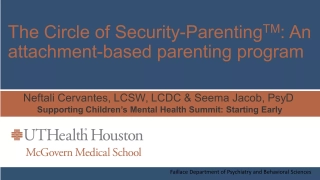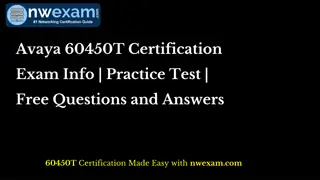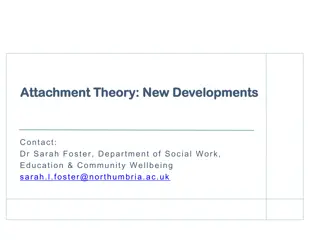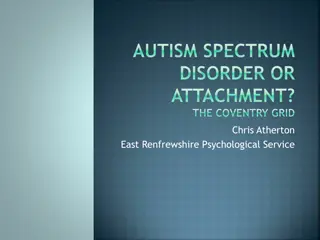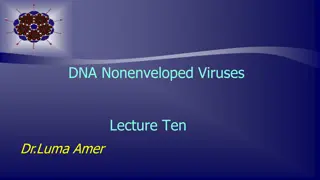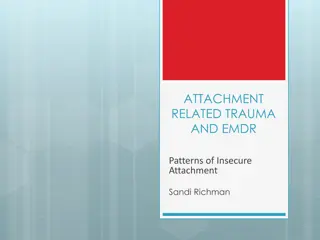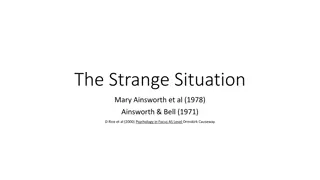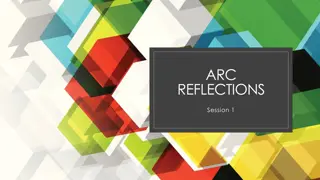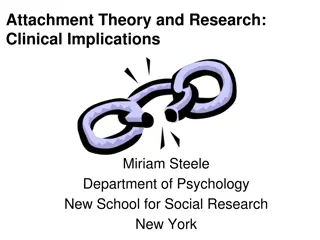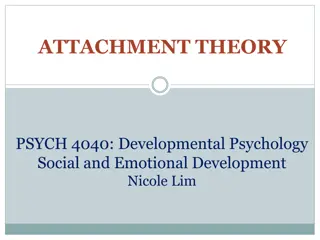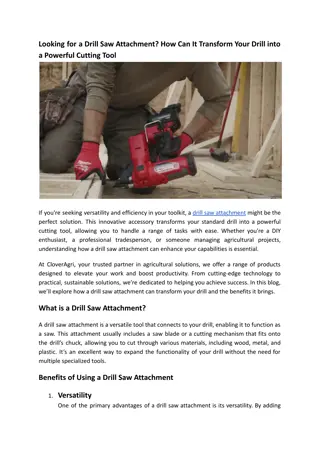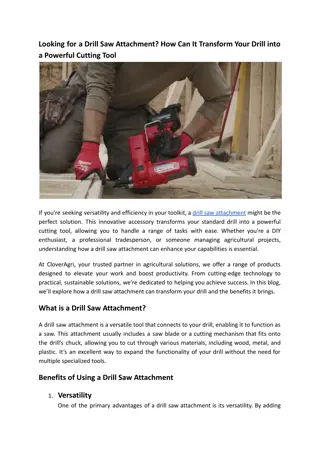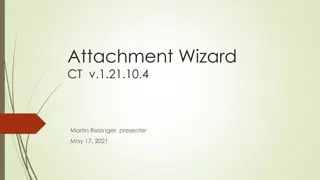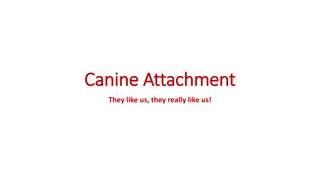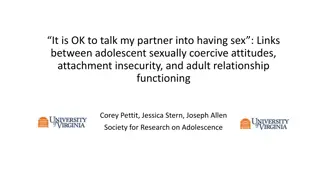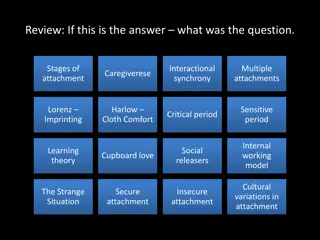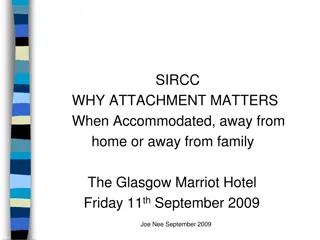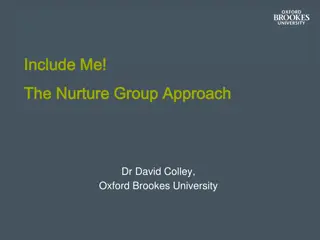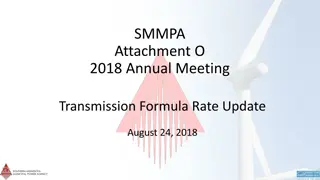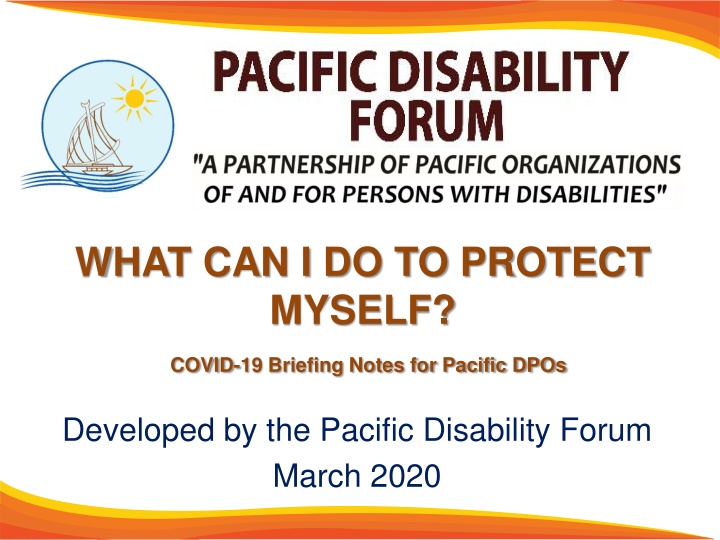
Protect Yourself from COVID-19: Important Guidelines and Tips
Learn essential steps to safeguard yourself and your community from COVID-19, including hand hygiene, respiratory etiquette, social distancing, and emergency preparedness for persons with disabilities. Stay informed, stay safe.
Download Presentation

Please find below an Image/Link to download the presentation.
The content on the website is provided AS IS for your information and personal use only. It may not be sold, licensed, or shared on other websites without obtaining consent from the author. If you encounter any issues during the download, it is possible that the publisher has removed the file from their server.
You are allowed to download the files provided on this website for personal or commercial use, subject to the condition that they are used lawfully. All files are the property of their respective owners.
The content on the website is provided AS IS for your information and personal use only. It may not be sold, licensed, or shared on other websites without obtaining consent from the author.
E N D
Presentation Transcript
WHAT CAN I DO TO PROTECT MYSELF? COVID-19 Briefing Notes for Pacific DPOs Developed by the Pacific Disability Forum March 2020
What can I do to Protect Myself? There is currently no available vaccine for COVID-19, however many of the symptoms can be treated and early care can help You can reduce your chances of being infected or spreading COVID-19 by taking some simple precautions: Regularly and thoroughly clean your hands with an alcohol-based (that contains at least 60% alcohol) hand rub or wash them with soap and water. In the event where alcohol sanitiser is unavailable use soap and warm water and wash hands for at least 30 seconds. Maintain at least 1 metre (3 feet) distance between yourself and anyone who is coughing or sneezing. Avoid touching eyes, nose and mouth.
What can I do to Protect Myself? Make sure you, and the people around you, follow good respiratory hygiene. This means covering your mouth and nose with your bent elbow or tissue when you cough or sneeze. Then dispose of the used tissue immediately. Stay home if you feel unwell. If you have a fever, cough and difficulty breathing, seek medical attention and call in advance. Follow the directions of your local health authority. Keep up to date on the latest COVID-19 situation
Persons With Disability (or their family members) Can ask attendants to wash their hands or use hand sanitizer before they touch them. Ensure to have back up carers in case one gets sick, Seek support of family members. Stock up on medical supplies, food and other supplies to avoid going to the store frequently. Need to ensure that if attendant becomes sick, urge them to go to the hospital
Persons With Disability (or their family members) Need to ensure that if someone in their household becomes sick, urge them to take steps to avoid infecting everyone. Need to ensure that if person with a disability is sick, seek medical intervention immediately. Ensure that emergency contacts e.g. phone numbers for ambulance, police, church pastor, village nurse etc is in place.
Community Currently there are no medications or vaccines to treat or prevent COVID- 19. Therefore, community approaches to slowing transmission and reducing the number of people getting sick include appropriate hand hygiene, cough etiquette, social distancing, and reducing face-to-face contact with potential COVID-19 cases. Community-based interventions such as school dismissals, event cancellations, social distancing, and creating employee plans to work remotely can also help slow the spread of COVID-19. There is a need to relook at identifying safe and good support within extended families and in communities if core carers and people with psychosocial disabilities, trauma and mental health issues are affected by COVID-19
Community Educating communities about non pharmaceutical interventions (NPIs) that help slow the spread of illness, like COVID-19 is important. Non pharmaceutical interventions (NPIs) are public health actions that can slow the spread of emerging respiratory diseases like COVID-19 for which vaccines and drug treatments are not yet available. They include personal protective measures implemented by individuals and community measures implemented by affected communities. NPIs are used to build community preparedness in communities without known COVID-19 disease and to support outbreak responses in communities (see What I can do to protect myself? )
Children COVID-19 can have a significant impact on children and their carers wellbeing beyond the disease itself. Children with disabilities may experience higher protection risk in a health outbreak such as: Neglect and lack of parental care Mental health and psychosocial distress Increased exposure to violence, including sexual violence, physical and emotional abuse
Children Parents and caregivers, as well as children can: Monitoring children s health and keeping them home from school if they are ill; Encouraging children to ask questions and express their concerns; and Coughing or sneezing into a tissue or your elbow and avoid touching your face, eyes, mouth and nose.
Youth Youths with disabilities should: Be mindful of exposure to information through stories, traditional and social media. It can be helpful to take a break from the 24-hour news cycle. Do things that make you feel physically and emotionally safe, and be with those who are helpful to your wellbeing Engage in activities that promote a sense of calm and feeling grounded (use of alcohol and other drugs can be counterproductive with this). It can help to talk with a trusted adult if it all feels a bit much. If you start to notice that you are experiencing these things, it is important to remember that Fear and anxiety, anger, frustration and confusion, sadness and denial are normal reactions to a not normal time.
Women With Disability The social impact of COVID-19 on women with disabilities can be higher and since many women and girls with disabilities are single mothers and carers they have more chances in contracting the virus from their children/clients particularly if they are working in an environment where resources are scarce.
Elderly Early data suggest elderly people are twice as likely to have serious COVID-19 illness. This may be because immune systems change with age, making it harder to fight off diseases and infection. Older adults also are more likely to have underlying health conditions that make it harder to cope with and recover from illness.
People with Disabilities with Caregivers Some persons with disabilities may have needs that warrant specific steps by the public and private sectors that may not be necessary for others. For people with disabilities who rely on attendants, the COVID-19 outbreak can be especially worrisome. Persons with disabilities who are supported by caregivers are not able to quarantine themselves to prevent getting the virus when they are reliant on extra hands to help with daily needs. People with disabilities who rely on care support are well within their rights to ask caregivers to wear a mask if they have been in contact with anyone who has shown possible symptoms of the flu or COVID-19, even if they themselves aren t symptomatic
Reference: https://www.who.int/news-room/q-a-detail/q-a-coronaviruses GiHA Asia/Pacific (March 2020) The COVID-19 Outbreak and Gender: Key Advocacy Points from Asia and the Pacific PHPC (March 2020) The COVID-19 Outbreak Protection Brief UNICEF (March 2020) Child protection emergency preparedness and response to the COVID-19 https://www.specialolympics.org/stories/news/coronavirus-outbreak- what-you-need-to-know
THANK YOU! PACIFIC DISABILITY FORUM PACIFIC DISABILITY FORUM P O Box 18458, Suva, Fiji Islands Ground Floor, Kadavu House, Victoria House, Suva, Fiji. Phone: (679) 331 2008 Fax: (679) 331 0469 Email: pdfsec@unwired.com.fj Website: www.pacificdisability.org

